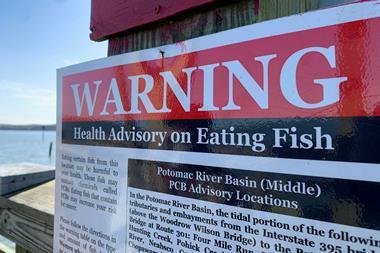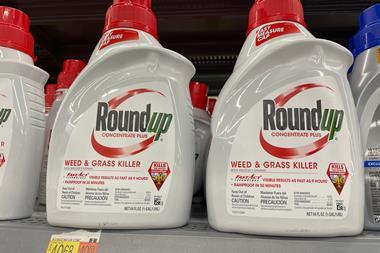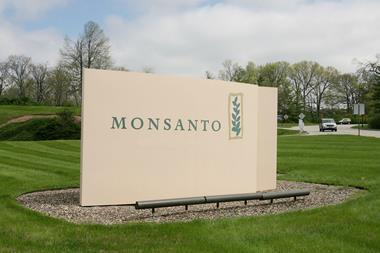A US jury has ordered Bayer subsidiary Monsanto to pay $857 million (£676 million) to seven people – including former students and parent volunteers at a school in Washington state – who said they were sickened by exposure to polychlorinated biphenyls (PCBs) that the company sold. The PBCs were apparently used in fire safety fluid in the school that leaked from its light fixtures, and the plaintiffs reported neurological, endocrine and other health problems.
Monsanto explains that the claims in this lawsuit relate to bulk industrial materials that it voluntarily stopped producing in 1977, which was two years before the US Environmental Protection Agency (EPA) banned the manufacture of PCBs due to links with cancer in animals and humans. Bayer, a German multinational corporation, acquired Monsanto in 2018 in a $66 billion megadeal.
Bayer’s Monsanto disagrees with the jury’s verdict and said it will pursue post-trial motions and appeals to get it overturned and to reduce the ‘constitutionally excessive damages’ awarded. The company says the evidence in this case is ‘very clear’ that the school district responsible for the school in question was repeatedly advised, beginning the 1990s, that the facilities’ lighting systems were long overdue for replacement in accordance with EPA and Washington state guidance. Further, the Bayer subsidiary says evidence in this case, including blood, air and other tests, demonstrates that plaintiffs were not exposed to unsafe levels of PCBs, and PCBs could not have caused their alleged injuries.
Previously, Monsanto agreed in June 2020 to pay $95 million to compensate Washington state for damages that PCBs caused to the state’s natural resources, including the economic impact to the state and its residents. Such arrangements go beyond Washington state. In December 2022,for example, Oregon’s attorney general announced a nearly $700 million settlement with Monsanto for its role in polluting that state with PCBs. More recently, this year attorney generals in Pennsylvania and in Virginia reached similar deals with the Bayer unit.

















No comments yet